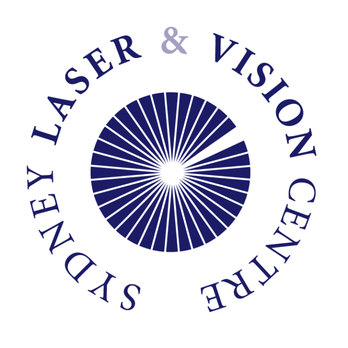The best vitamins for healthy eyes
If you look after your eyes, your eyes will look after you. That’s why it’s important to know which vitamins can boost eye health and help you avoid common conditions like macular degeneration, diabetes, cataracts, and glaucoma.
While many factors can affect your risk of developing eye diseases—including your age and your genetic history—your lifestyle is a major contributor to your eye health. To set your sights on good vision for life, make sure you eat a balanced diet that’s rich in eye-healthy vitamins. You may also want to take vitamin supplements, but make sure you chat to your doctor before self-prescribing.
Here’s a handy round-up of essential vitamins for your eyes.
Vitamin A
If you grew up being told to eat your carrots so you could see in the dark, rest assured you weren’t being lied to. Carrots are a rich source of vitamin A, which is beneficial to both your corneas and your retinas. In fact, if you don’t have enough vitamin A, you might have trouble seeing in low light. Vitamin A also helps keep your corneas clear and lowers your risk of age-related macular degeneration and cataracts.
You’ll find vitamin A in orange-coloured fruits and veggies (including carrots of course), full-cream dairy products and meat especially liver.
Vitamin C
Vitamin C is a powerful antioxidant, which means it can help protect your eyes against the damage caused by free radicals. It can reduce your risk of cataracts and macular degeneration.
You’ll find vitamin C in many fruits such as oranges, kiwis, strawberries and grapefruits and some vegetables such as tomatoes, potatoes and capsicum.
Vitamin E
Another powerful antioxidant, vitamin E fights back against the damage caused by free radicals. Studies show that this vitamin could be the most beneficial for preventing age-related macular degeneration.
You’ll find vitamin E in leafy greens such as spinach, nuts such as almonds and sunflower seeds.
Vitamin B1 (thiamine)
Vitamin B1 converts food into energy, and it plays a vital role in cell growth and function. Studies suggest that it may protect you from developing cataracts and diabetic retinopathy, a diabetes-related eye complication.
You’ll find vitamin B1 in oats, fortified breakfast cereals, nuts, peas and wholegrain breads.
Vitamin B2 (riboflavin)
Vitamin B2 can help reduce the effects of oxidative stress. This is when your body has an imbalance between free radicals and antioxidants, and it’s something your eyes are especially vulnerable to. Studies show that riboflavin could also decrease your risk of cataracts.
You’ll find vitamin B2 in meat, milk, oats and fortified cereals.
Vitamin B3 (niacin)
Vitamin B3’s main job is to convert food into energy, and it’s also an antioxidant. Recent research indicates that B3 vitamins have potential as a clinical supplement to support patients receiving treatment for glaucoma, a condition that causes vision loss due to optic nerve damage.
You’ll find vitamin B3 in poultry, meat, fish, peanuts, and enriched bread and breakfast cereals.
Vitamins B6 (pyridoxine), B9 (folate) and B12 (cobalamin)
This combination of B vitamins can lower your risk of developing age-related macular degeneration. A vitamin B deficiency can also cause problems with your optic nerve, the tissue that transmits images from your eyes to your brain.
You’ll find vitamin B6 in meat, fish, poultry and dark leafy veggies; vitamin B9 in leafy greens, liver, bread and cereals; and vitamin B12 in meat, fish, poultry, eggs and dairy.
Lutein and Zeaxanthan
These supplements are important in reducing the risk of age related macular degeneration (AMD). They are found in kale, spinach and orange capsicum.
For more information, book your consultation with Dr David Robinson, a Sydney based eye specialist, at www.sydneyvision.com.au or call us on 1800 25 20 20.

